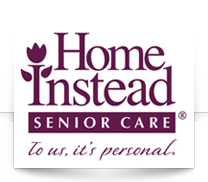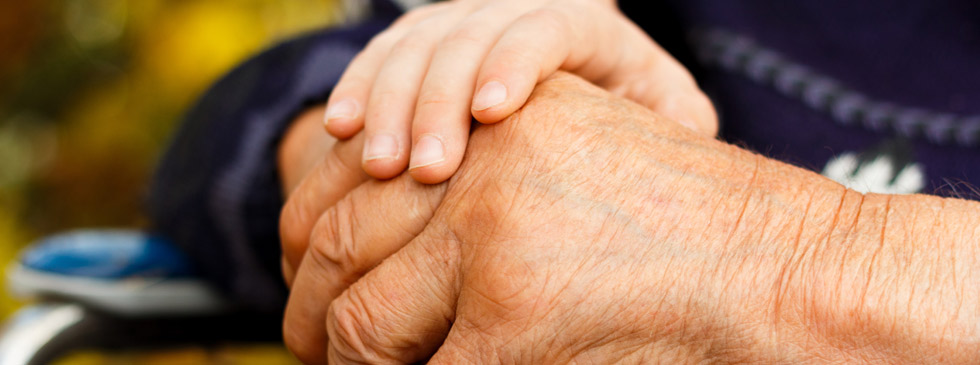Returning Home: Medication Management
Medication mismanagement is one of the leading problems that sidelines a senior’s successful recovery.
Nearly 120,000 patients each year need to be hospitalized for treatment after emergency visits for adverse drug events, reports the Centers for Disease Control. As more people take additional medications, the risk of adverse events may increase.
Why Seniors Are Vulnerable
Although many seniors take regular medications, a recent hospital stay could result in new and unfamiliar prescriptions. Taking the right medication at the proper time and in the correct dosage is important to keeping an older adult on the road to recovery.
Following are key tasks that older adults returning home often need assistance with to ensure they remain safe and on track:
- Picking up prescriptions from the pharmacy
- Ensuring medication is taken
- Refilling prescriptions. (It’s best to go to a senior’s regular pharmacy to avoid adverse reactions from a combination of drugs prescribed by different sources such as hospital and primary care physician.)
- Organizing pills to ensure that confusion doesn’t lead to a medication mishap. A pill box can help track whether a senior has taken his or her medications. Some pharmacies will fill a pill box and others offer a service that seals each day’s medications in a blister pack.
- Tracking medications to hep older adults more easily manage their health
Make sure your senior has the support he or she needs to manage the tasks above.
Senior Emergency Kit
Whether accompanying your loved one to a doctor’s appointment or in response to a medical crisis, it’s critical to have your loved one’s medical information easily and quickly accessible.
The Senior Emergency Kit features several worksheets that family caregivers can complete with the help of a senior loved one. This toolkit can be kept in an easy-to-reach location, such as a nightstand, to allow easy access to information.

